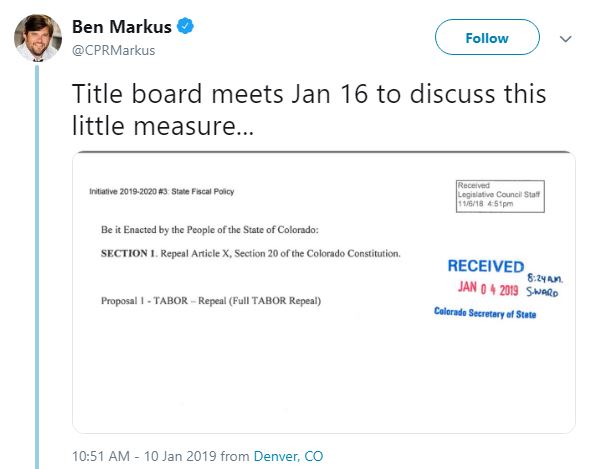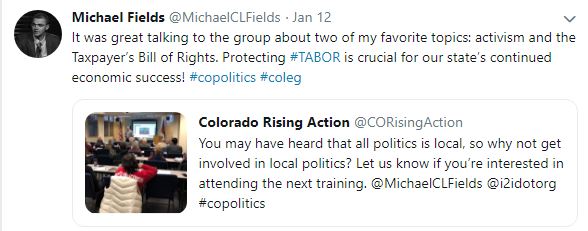TABOR Committee members,
The TABOR Committee is one of two plaintiffs in a lawsuit regarding the City of Denver’s draconian campaign finance rules. We fear that simply taking a position on a lawsuit forces our Committee, which is organized as a non-profit corporation, to turn into an Issue Committee, with all the reporting requirements and deadlines. That would mean opening our records to inspection and violating the trust placed in us by donors who demand and expect their donations not to be disclosed to the general public. We are represented by the Goldwater Institute, which is concerned that the Left is pushing this idea across the nation, which will result in further restrictions on 1st Amendment speech.
Last week, we lost the trial on standing grounds. Although the judge found testimony from the TABOR Committee and CUT credible, he ultimately held that we had not shown that CUT and TABOR were likely to trigger the provisions of the Denver donor-disclosure ordinance in the near future.
Our attorneys believe this holding to be erroneous and contrary to established Colorado standing rules for free-speech cases. The City’s witness testified to how the ordinance operates and it was clear from that testimony, that the ordinance will apply to our organizations the moment we spend more than $500 to engage on a Denver ballot measure. Similarly, both entities testified that engaging on such ballot measures is squarely in the mission of our organizations, that we would like to do so in the near future, and that we could raise more than $500 to do so. Under free-speech standing analysis, that ought to have been enough. Continue reading

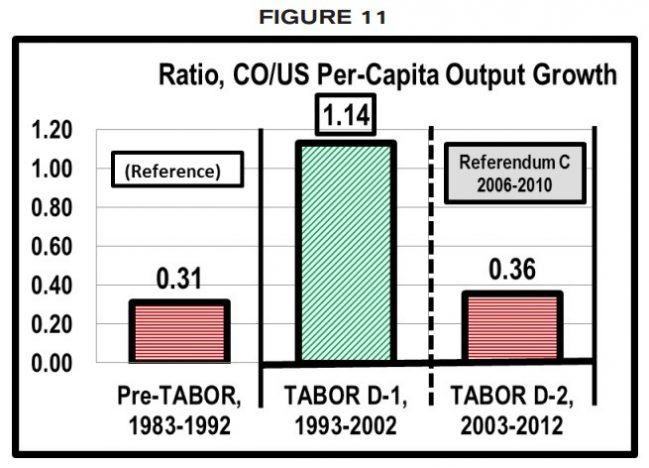
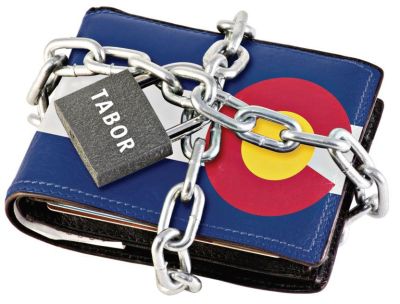
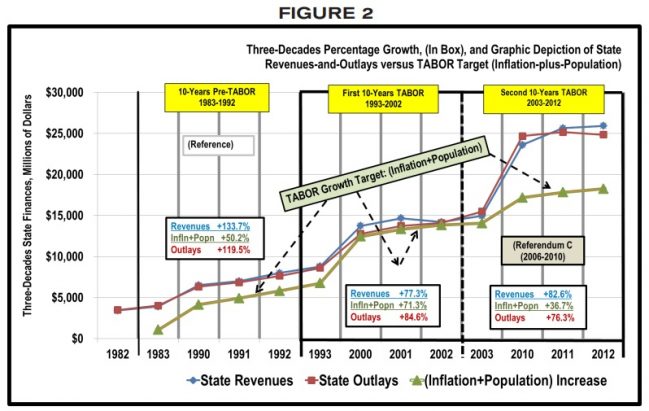
 Proponents Carol Hedges and Steve Briggs had
Proponents Carol Hedges and Steve Briggs had 

